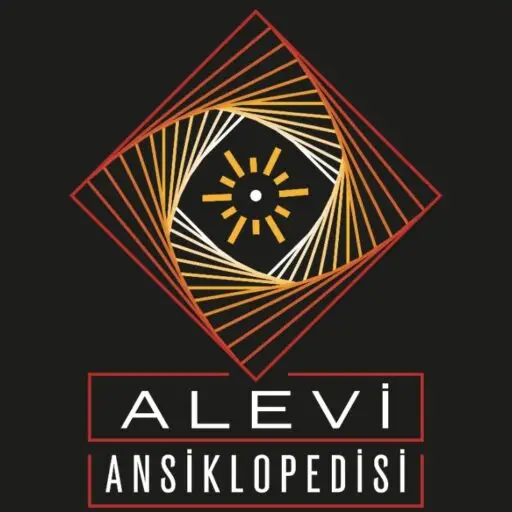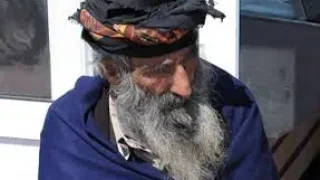
Firik Dede
Firik Dede, who lived during the past century in the Ovacık region of Dersim, occupies a place in Kurdish Alevi collective memory both as a...
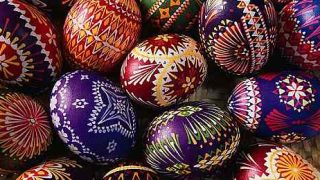
Hako Sûr: A Springtime Ritual among Kurdish Alevis & Armenians in Dersim
Hako Sûr, also known as the Red Egg Festival, is a now largely forgotten springtime tradition that was once practised by Kurdish Alevi communities in...
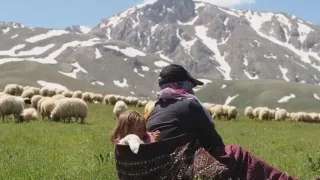
Şavak Tribe: Alevi–Sunni Nomadic Community of Dersim
The Şavak tribe occupies a distinctive position within the ethno-cultural mosaic of Dersim, both historically and sociologically. As one of the rare cases in which...
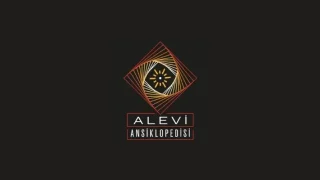
Güruh-u Naci The Creation Myth in Raa Haqi (Dersim Alevism)
In Raa Haqi (also referred to as Dersim Alevism or Kurdish Alevism), the Creation Myth constitutes a fundamental narrative and symbolic universe through which the...

Alevi Studies and Syncretism
Syncretism refers to the formation of new religious or cultural expressions that emerge from the interaction of diverse belief systems and practices. While in academic...
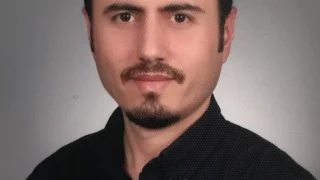
Mehmet Yıldırım (Dêsimli Memed)
Dr Mehmet Yıldırım (1974–2023), known also by his pen name Dêsimli Memed, was a scholar whose academic and archival research sought to reinterpret the historical...

Dâr (Dâra Durmak, Dâra Çekilmek, Dârdan İndirme, Dâr Kurbanı)
In the Alevi belief system, the concept of dâr represents a multi-layered micro-centre where ritual, ethics, theology, and mythology are intricately interwoven. Functioning as a...

Dersim - Jiar u Diyar (Sacred Geography)
This entry reconceptualises Dersim not as a mere geographic or administrative region but as a sacred-political topography (a cultural geography) central to the Raa Haqi...

Kırkbudak - Journal of Anatolian Folk Beliefs (2005-2007)
Kırkbudak – Journal for the Study of Anatolian Folk Beliefs, published between 2005 and 2007, holds the distinction of being the first peer-reviewed academic journal...

Jiare /Ziyaret - (Sacred Places & Objects) in Raa Haqi (Dersim Alevism)
The concept of jiare—sacred places or sacred objects imbued with spiritual presence—constitutes a foundational element of the Raa Haqi belief system, practised predominantly among (Kurmanci...
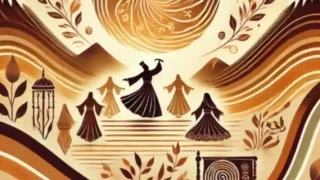
A Historic Turning Point and the Will to Safeguard the Future of Alevi Knowledge
The Alevi Encyclopedia is a vital project enabling Alevis to combat centuries of physical and epistemic violence and assimilation. It seeks to document their cultural heritage using their own voice...
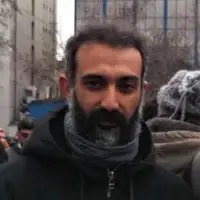
Dr. Ahmet Kerim Gültekin
Ahmet Kerim Gültekin is an exiled academic based in Germany since 2018, where he has focused on diasporic religious communities, particularly Alevi communities in the European diaspora. Prior to exile, he served as an Assistant Professor at Munzur University (Tunceli, Turkey), where his research on non-official religious and ethnic minorities -especially the case of Kurdish Alevis in Dersim- led to important scholarly contributions. His politic activism and critical scholarship resulted in his unjust dismissal in 2017 and subsequent recognition as a “scholar at risk” by the SAR network.
He holds a Ph.D. in Ethnology from Ankara University (2013), where he also completed his M.A. in Social Anthropology. Since moving to Germany, he has broadened his research to include the Alevi diaspora in Western Europe, conducting long-term ethnographic fieldwork, especially in Berlin and London. He has led and contributed to several academic projects at Leipzig University (2018–2021, DFG-funded “Multiple Secularities”) and at the Free University of Berlin (2021–2023), where he also taught graduate seminars on the Alevis of Dersim. He was also a visiting researcher at the University of Westminster (London, UK) in 2023.
Gültekin’s academic research is shaped around themes such as ethnic- and cultural-identity, political belonging, collective memory, folk narratives and beliefs, mythology, oral history, sacred sites, Alevism studies, Dersim studies, cultural heritage, migration and transnational communities, diaspora studies, ethnography and qualitative research.
He holds a Ph.D. in Ethnology from Ankara University (2013), where he also completed his M.A. in Social Anthropology. Since moving to Germany, he has broadened his research to include the Alevi diaspora in Western Europe, conducting long-term ethnographic fieldwork, especially in Berlin and London. He has led and contributed to several academic projects at Leipzig University (2018–2021, DFG-funded “Multiple Secularities”) and at the Free University of Berlin (2021–2023), where he also taught graduate seminars on the Alevis of Dersim. He was also a visiting researcher at the University of Westminster (London, UK) in 2023.
Gültekin’s academic research is shaped around themes such as ethnic- and cultural-identity, political belonging, collective memory, folk narratives and beliefs, mythology, oral history, sacred sites, Alevism studies, Dersim studies, cultural heritage, migration and transnational communities, diaspora studies, ethnography and qualitative research.

